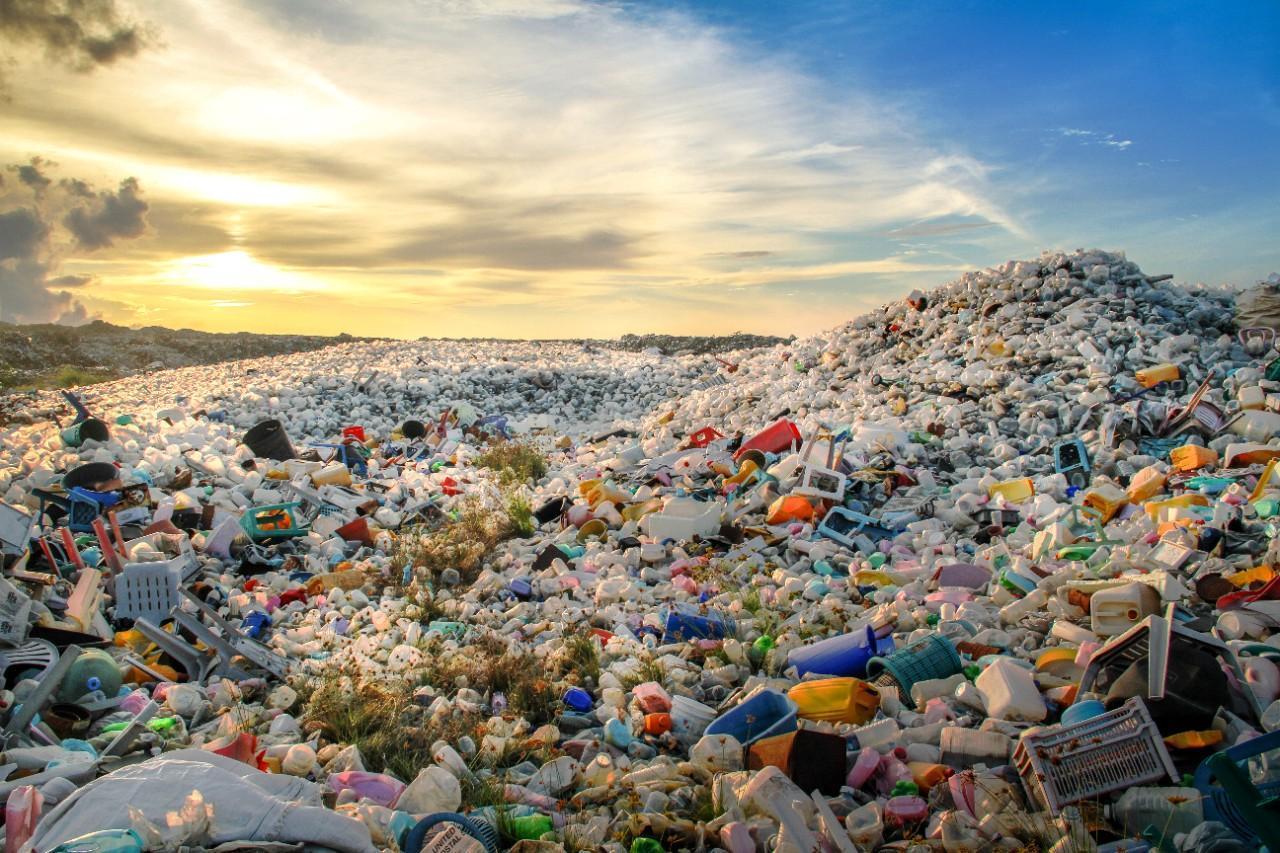Project features
Start:
End:
Mar 2024
Sep 2024
Location:
Client:
Uzbekistan
World Bank
The project is a World Bank investment financing initiative, led by the Bank’s City Resilience Program (CRP), aimed at supporting solid waste management (SWM) improvements in Uzbekistan, focusing primarily on the Surkhandarya and Kashkadarya regions. In this context, the World Bank hired the Consultant with the objective to provide business analytic support for the preparation of the Bank’s SWM project in Uzbekistan. It focuses on leveraging access to the private sector’s financial resources and expertise to upgrade SWM systems in the Surkhandarya and Kashkadarya regions, as well as nationally.
Services provided
Task 1. Status quo analysis of the SWM systems in Surkhandarya and Kashkadarya (focus) regions
- Collation of existing information on the SWM sector (via desk studies and field surveys), and assessment of status quo of SWM in the regions, incl. waste generation, financial arrangements and overall financial sustainability, track record in engaging the private sector
- Review resilience issues – how flaws in SWM increase exposure of the focus regions to climate change effects
- Review the 10-year National SWM Strategy for 2019-2029, its implications for municipal SWM in focus regions
- Assessment of the fiscal sustainability of SWM operations in Surkhandarya and Kashkadarya regions
Task 2. International benchmarking of best practice PPP models in solid waste management
- Support in technical aspects of international benchmarking of best practice PPP models (4-5 case studies for comparable contexts) in the SWM chain (collection, transport, disposal, treatment, recycling, etc.), considering the unique operational context of Surkhandarya and Kashkadarya regions.
Task 3. Analysis of cost recovery mechanisms in solid waste management
- Review best practice cost-recovery strategies in the SWM sector and identify practical opportunities for recovering costs in SWM operations, exploring applicability of such practices within the Uzbekistan’s regulatory and fiscal context in general and specifically in the Surkhandarya and Kashkadarya regions
- Identify opportunities for leveraging the Extended Producer Responsibility (EPR) approach for sourcing capital funds for SWM investments and covering the cost of operations
Task 4. Developing prototypes for viable private sector participation in the SWM systems of Surkhandarya and Kashkadarya regions
- Support in technical aspects for prototyping the most relevant PPP models for SWM operations in focus regions, considering the government’s objectives (e.g., waste disposal infrastructure shall remain state-owned), focusing on the types of transactional partnerships implementable within the current regulatory and administrative context of Uzbekistan.
- Support in identification of critical conditions in Uzbekistan’s regulatory framework, procurement, and commercial legislation influencing municipal PPPs, and recommendation of government actions to ensure SWM PPP opportunities can be designed and solicited successfully in the market
Task 5. Series of consultative sessions with the government
- Conducting a series of consultations with the government and relevant stakeholders to foster the practical implementation of PPP models, to have hands-on review of the challenges and opportunities


